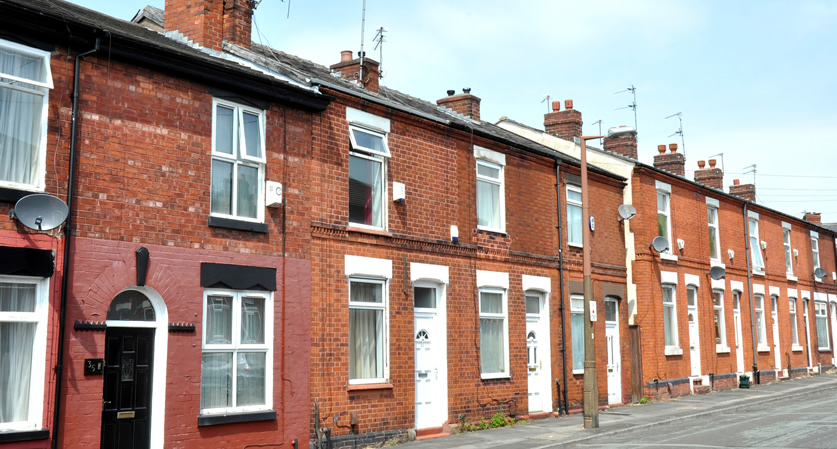06
August 2019
Older People in ‘Under-Occupied’ Homes are Blocking Property Ladder for Younger Generations
Older people are staying in their homes longer and locking younger buyers out of family properties or homeownership all together.
Economic uncertainty has depressed buying and selling activity among existing homeowners, Nationwide Building Society said, and potential first time buyers are feeling the consequences.
The mortgage lender said homeowners aged 55 to 64 have been in their current properties on average for 17 years—10 longer than homeowners between 35 and 44.
Older owners have remained in their homes even as their children have moved out, resisting “downsizing” amid economic uncertainty. Consequently, a growing portion of homes now have two or more spare bedrooms.
Nationwide said that 54% of homes occupied by their owner are now under-occupied, up from 42% in 2000.
Among owners over 65s, two-thirds of homes have at least two spare bedrooms.
"A possible consequence of the low rate of churn is that the housing stock is not being utilised as effectively as it could," Nationwide chief economist Robert Gardner said.
Younger buyers are unable to find suitable properties. And increasingly, those first-time buyers are looking for houses, “leapfrogging” smaller starter flats.
Recent figures from the Land Registry show that the prices of flats and maisonettes have fallen, while those of houses, especially detached properties, have risen.
First-time buyers’ preference for houses is perhaps a reflection of the huge cost of home ownership and their older age when buying. The average first-time buyer is now 33.
Furthermore, much like older generations, these young buyers are looking for a property to remain in for years, Richard Donnell, insight director at Zoopla, said.
That’s if they can get on the housing market at all. A report from Santander last week cautioned that the housing market is failing younger generations, just a quarter of whom can expect to own their own homes by 2026.
Among other reforms to the market, the lender suggested the government cut stamp duty to encourage older homeowners to sell their larger properties and downsize, leading to better use of housing stock.
Low rates of turnover have also curbed housing price growth. Nationwide’s figures showed that UK house prices rose on average just 0.3% in July, compared to the same month last year. That marks the eighth consecutive month that house price growth has been under 1%.





